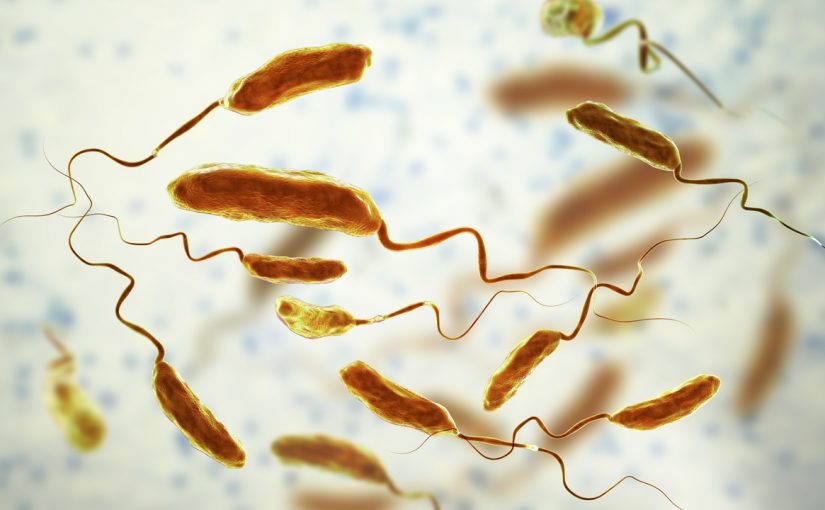Mozambique confirms two more mpox cases - in Maputo province
Mozambique: Another 143 cases of cholera, one death in first week of August

File photo: Commons
Mozambique’s health authorities confirmed 143 more cases of cholera and one death in the first eight days of August, mainly in Nampula province, according to data from the ministry of health analysed by Lusa on Friday.
According to the daily bulletins on the progression of the disease, prepared by the National Directorate of Public Health, the current cholera outbreak in Mozambique has caused 33,719 cases from 14 September to 8 August.
On the first day of August, there were 33,576 cases that had caused 141 deaths so far. Meanwhile, according to the same data, one more death due to the disease – which has a lethality rate of 0.4% – was recorded in Nampula province on 06 August, with 34 patients admitted to hospital units at the end of the first week of August.
In Nampula, 124 new cases of cholera were registered from 1 to 8 August, bringing the total in the province to 3,060, with four deaths.
Mozambican health authorities declared at the end of July cholera outbreaks in two more districts, Mocímboa da Praia and Mueda, Cabo Delgado province, which join two other active ones, admitting concern about the increase in cases in the north of that province.
In Cabo Delgado, north of the country, 1,221 cases have been registered since September last year, with three deaths. The new cases detected in the country in recent days are mainly concentrated in that province, affected by insurgent attacks in the last five years.
Until 8 August, most cholera cases in Mozambique were recorded in the central province of Zambezia (13,400 diagnosed and 38 deaths), especially affected after the destruction caused by Cyclone Freddy in February and March, followed by Sofala (7,527 cases and 30 deaths) and Niassa (3,501 cases and 25 deaths), but with no new cases reported for several days.
The Director-General of the World Health Organisation (WHO) highlighted on 13 July in Maputo the efforts of Mozambique, and the President of the Republic, Filipe Niyusi, to stop this cholera epidemic.
For the WHO Director-General, the Mozambican executive had a remarkable management of the epidemic, which was aggravated by the impact of Cyclone Freddy.
Mozambique is considered one of the countries most severely affected by climate change in the world, a situation that aggravates the resistance of infrastructure and services to prevent the disease.
Cholera is a disease that causes severe diarrhoea, which is treatable but can lead to death from dehydration if not tackled promptly.
The disease is largely caused by eating contaminated food and water due to poor sanitation.
In May, the World Health Organisation warned that the world will have a shortage of cholera vaccines by 2025 and that one billion people in 43 countries could be infected with the disease.












Leave a Reply
Be the First to Comment!
You must be logged in to post a comment.
You must be logged in to post a comment.